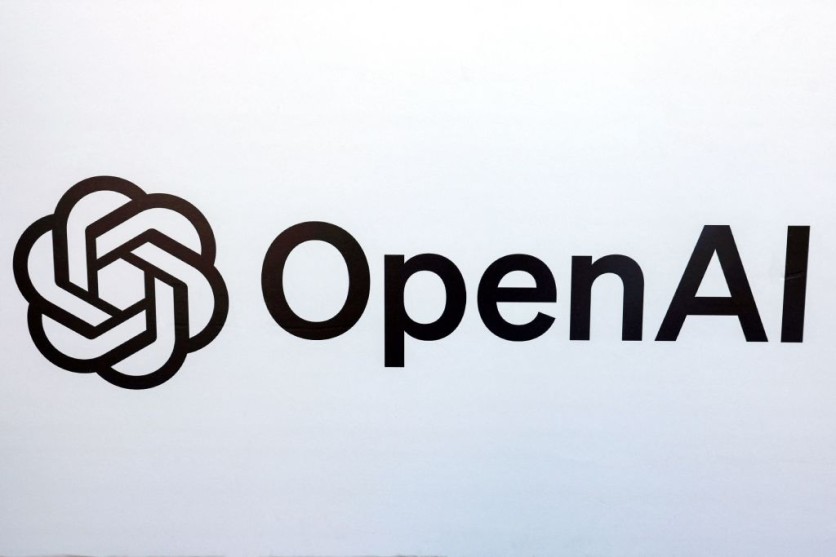One of the massive promises from OpenAI is how it would allow users to get more access to control of their technology, and while the company did not make its GPT model open-source, it is now releasing its API for users to build on. The latest release from the company centers on GPT-3.5 Turbo's API availability, with the large language model known for powering ChatGPT's free version.
OpenAI's GPT-3.5 Turbo API is Now Available to Access

OpenAI announced the latest development for its GPT-3.5 Turbo which now allows developers and members of the public to access its API that empowers them to develop certain experiences and features for use cases. One of the main reasons behind this API availability is the many requests from the public regarding the customization of the model that would adhere to their needs.
According to OpenAI, the data that users will bring for GPT-3.5 Turbo to train on would not be accessed or used by the company for its needs, and this also applies to its partner organizations or others that may have access to it.
The company calls this experience "fine-tuning" the GPT-3.5 Turbo model to match their needs and specifications, with the initial beta stage ushering in improvements including improved steerability, reliable output formatting, and custom tone.
Train ChatGPT and GPT-3.5 Turbo With Your Data
The fine-tuning experience via GPT-3.5 Turbo's API access will help personalize and customize the AI experience that would be presented by the likes of ChatGPT.
As per OpenAI, the API access would allow users to use their documents, data, and other information to help center the experience to match their needs, now available for all via paid access.
OpenAI's GPT API Access
Earlier this year, ChatGPT has seen massive popularity that has been also met with massive controversy from governing and regulatory bodies that are concerned with how it affects different institutions for its offers. Back in March, OpenAI released the new large language model of the company, GPT-4, which is the far more advanced version of GPT-3, with a promise of making its API accessible for all.
However, OpenAI faced significant backlash when it made GPT-4's API access available by July, as it featured a hefty price for users to get their chance to develop more experiences with the AI model. It is important to note that OpenAI's paid access is a significant need for its API, particularly in developing more experiences and tech using the renowned LLM from the company.
OpenAI's latest announcement centers on the GPT-3.5 Turbo, the enhanced version of its original GPT-3 LLM, known to power the free version of ChatGPT as people use it. Through this API access from OpenAI, not only would they get to train the AI in various sets of documents and data, but may do so in personalizing the experience to adhere better to their needs and requirements from the AI.
Related Article : Can ChatGPT Be Accurate in Clinical Decision Making? New Study Has a Surprising Answer

ⓒ 2025 TECHTIMES.com All rights reserved. Do not reproduce without permission.




